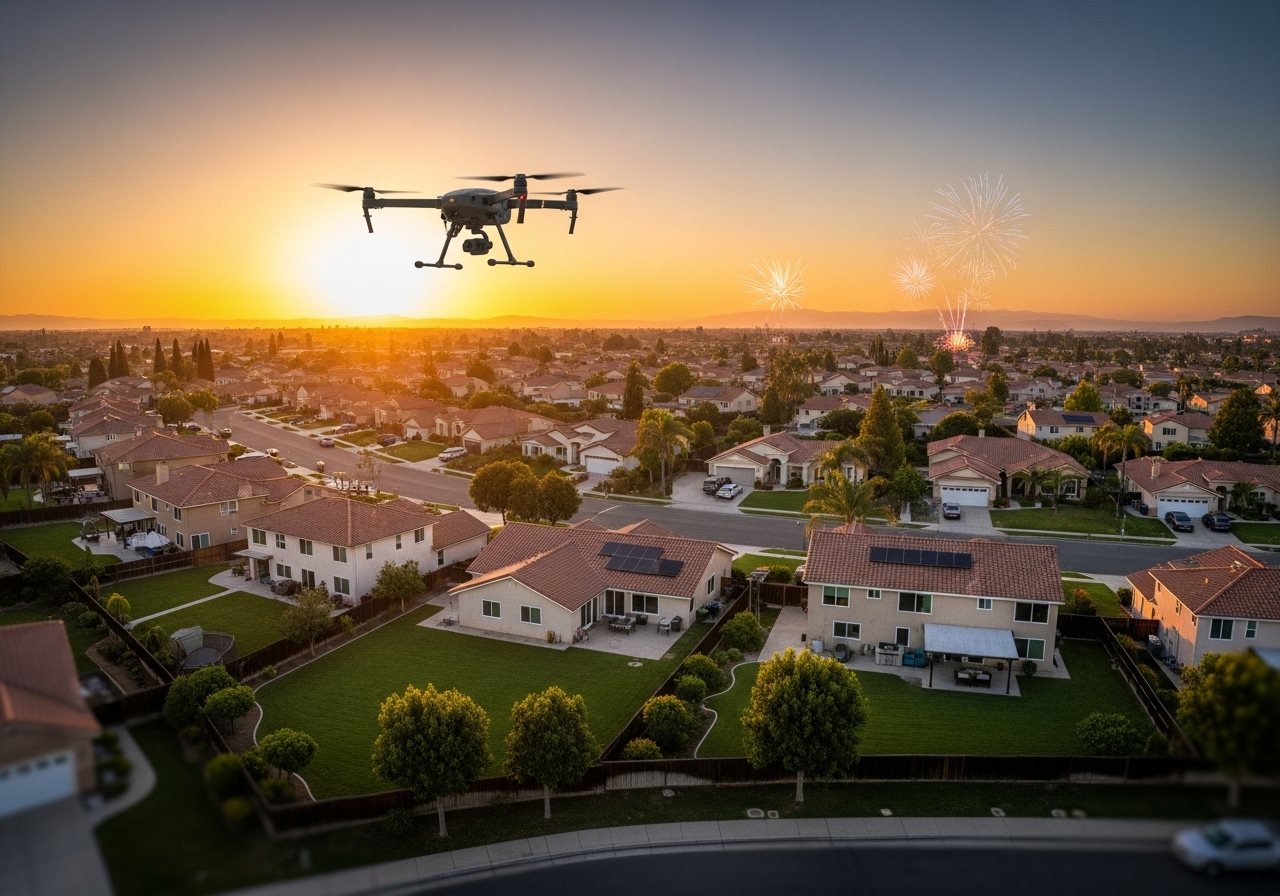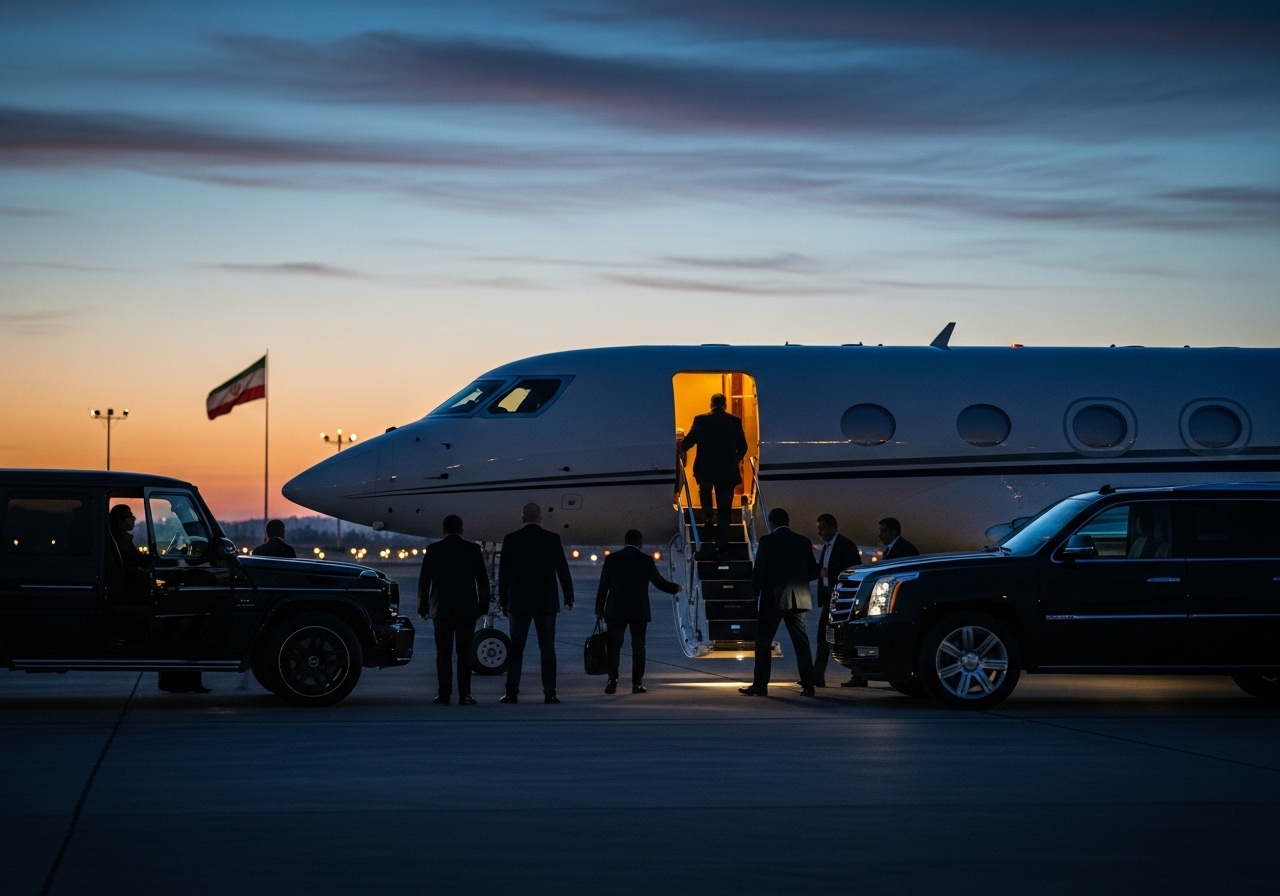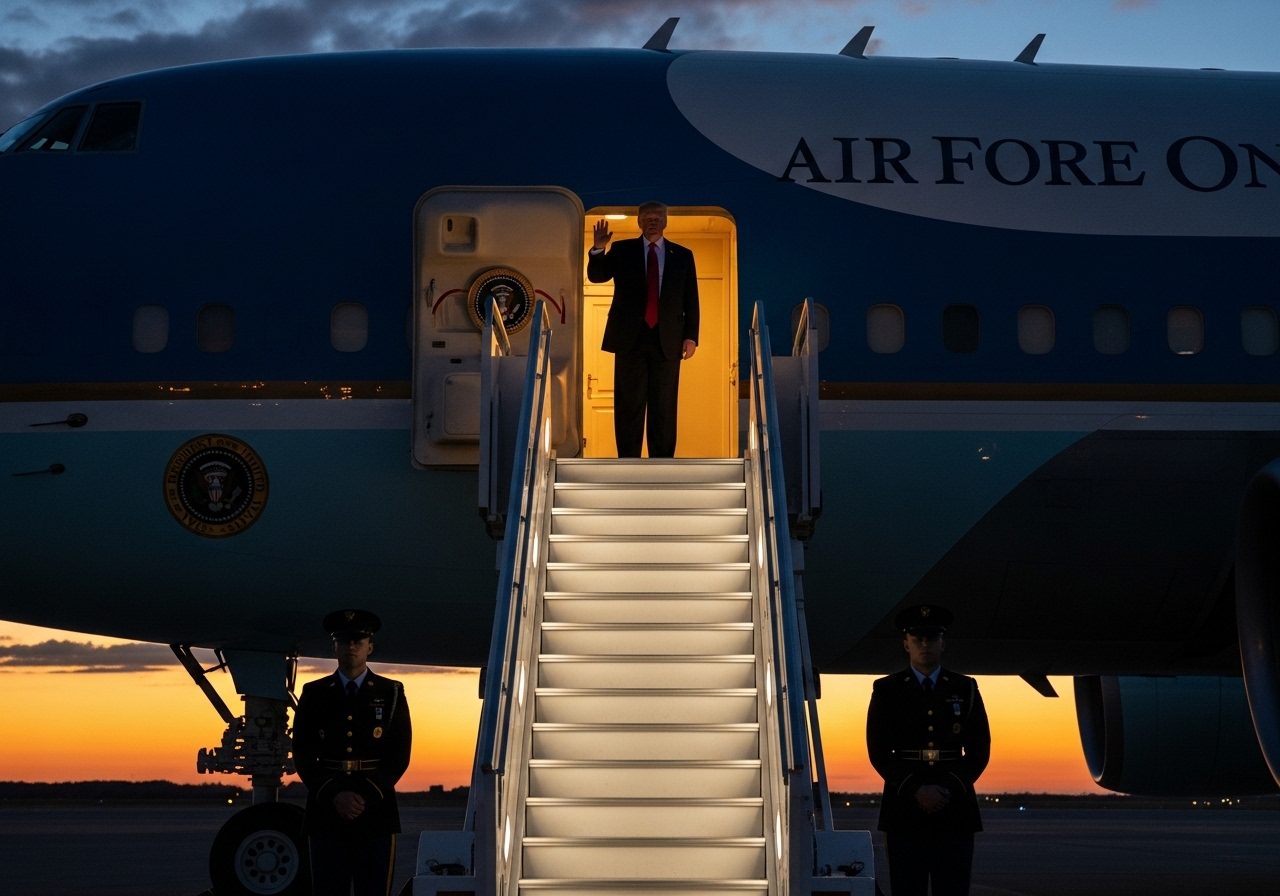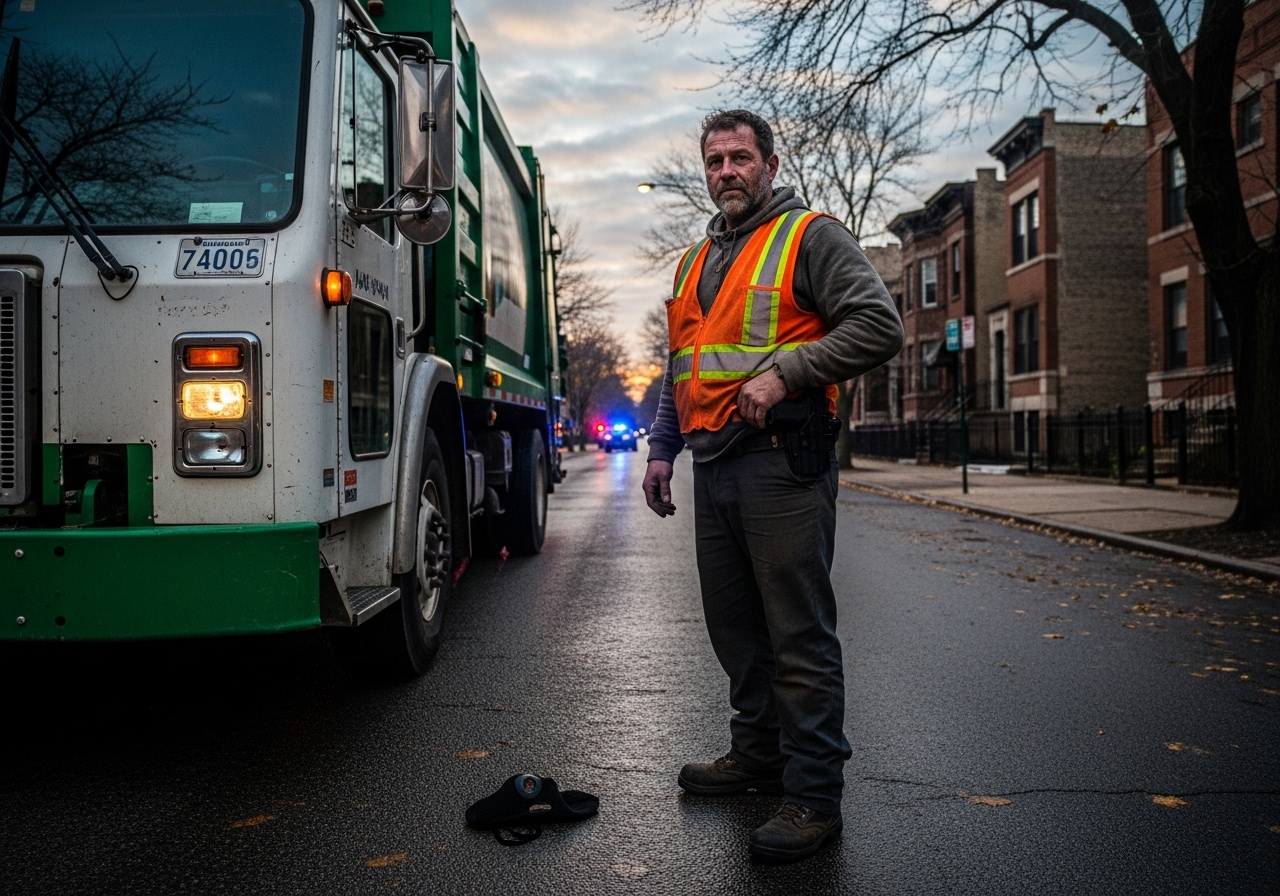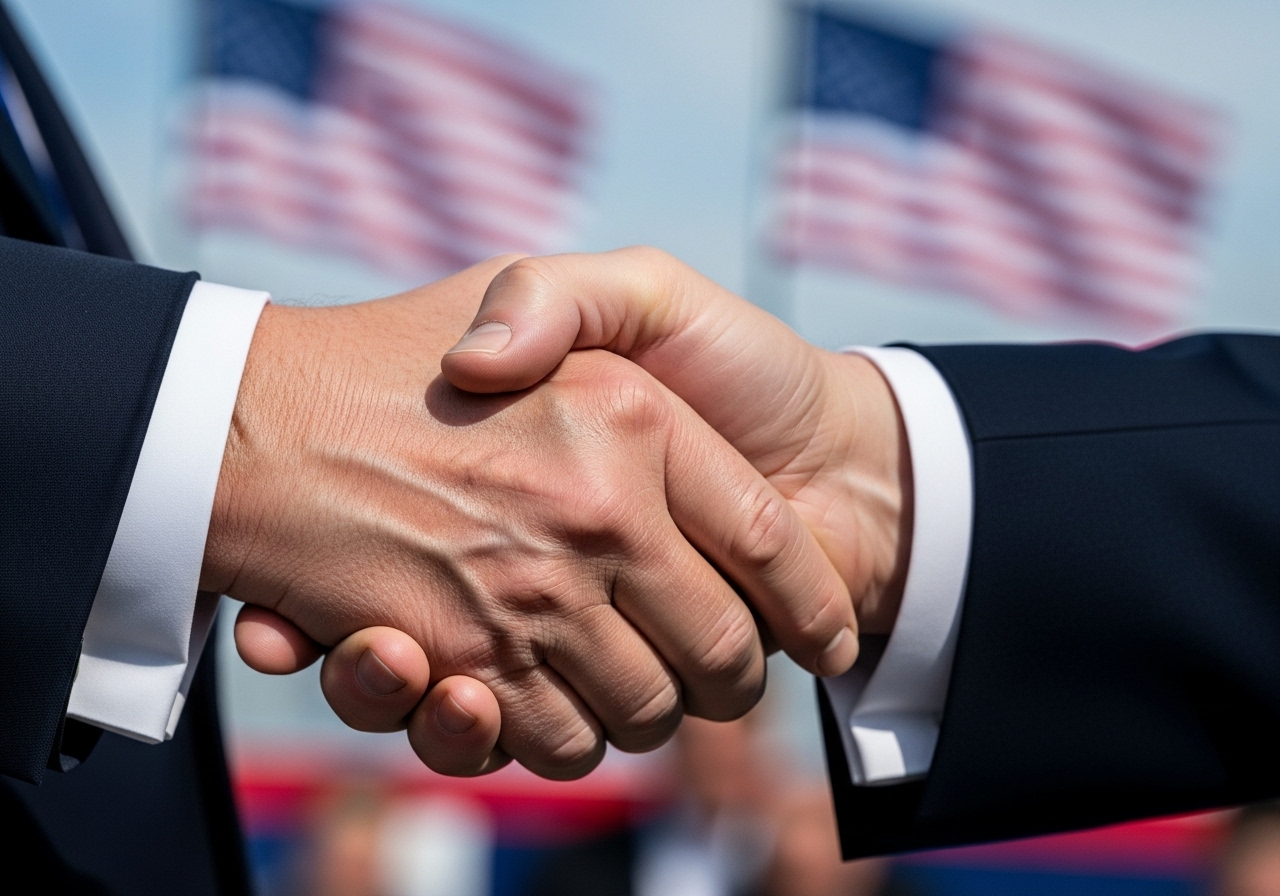As Americans across Southern California prepare to celebrate the Fourth of July, something unsettling looms above their backyard barbecues and neighborhood gatherings. Police departments in cities such as Riverside, Hemet, and Brea have announced plans to deploy drones to surveil and catch those setting off illegal fireworks. On the surface, this might seem reasonable—after all, who doesn’t want to prevent wildfires? But beneath this seemingly benign intent lies a dangerous precedent: the normalization of Orwellian surveillance under the guise of public safety.
Sure, fireworks pose real risks—no one disputes that. Recent fires in Pasadena and the Palisades area sparked widespread fear, with authorities attributing at least one blaze, the Palisades Fire, to illegal fireworks. Governor Newsom’s office even highlighted that 600,000 pounds of illegal fireworks have been seized just this year, and violators could face fines up to $50,000 or a year in jail. Safety is crucial, and accountability matters. But does this justify an unprecedented level of government intrusion into our private lives through drone surveillance?
Conservatives have always valued safety, law, and order—but we’ve also cherished our privacy, individual liberty, and freedom from intrusive government oversight. Drones hovering over residential neighborhoods, filming citizens without their knowledge, represents a profound erosion of these foundational American principles. Once government surveillance becomes acceptable for one perceived “good cause,” the slippery slope toward broader and more invasive monitoring becomes alarmingly steep.
The Pasadena Star-News recently reported on the alarming new strategy Southern California police departments intend to implement:
“Revelers who once could illegally ignite fireworks and scatter before police officers arrive or who suffer from collective amnesia when questioned about who lit the fuse may still find themselves lighter in the wallet. For the first time in parts of Southern California, stealthy aerial surveillance will attempt to nab them in the act.
Riverside, Hemet and Brea, and possibly other cities, will launch drones to film illegal activity as municipalities increasingly marry new technology with old-fashioned legislation to prevent injuries and the type of fast-moving fires that devastated the region in January.
Offenders or their landlords will then receive a surprise: Those cities are mailing citations to property owners, in some cases without ever first contacting them, regardless of whether they were present when the fireworks sparkled, smoked or skyrocketed.”
Consider the implications: residents could receive fines without ever being confronted face-to-face by law enforcement. Property owners may be penalized for acts committed by others without their knowledge or consent. This sets a dangerous precedent, whereby citizens are surveilled, recorded, and penalized without due process or direct confrontation. It’s an unsettling leap toward a surveillance state, justified by fear and emergency.
Historically, conservatives have warned about the risk of government overreach expanding in times of crisis. Ronald Reagan famously cautioned, “Freedom is never more than one generation away from extinction.” Once we accept drone surveillance for fireworks today, what’s to stop authorities from deploying drones to monitor other activities tomorrow? What about political gatherings, Second Amendment rallies, or even private family events?
This isn’t paranoia—it’s prudence. The Fourth Amendment protects us from unreasonable searches and seizures, asserting our right to privacy without government intrusion. Drone surveillance, anonymous citations, and blanket monitoring of entire neighborhoods without probable cause represent an unprecedented violation of this fundamental constitutional protection.
Yes, illegal fireworks are dangerous. Yes, fire safety matters. But we must approach these issues in ways consistent with our liberties and constitutional rights. Technology employed by government, no matter how well-intentioned, must always be scrutinized and limited. Citizens should demand transparency, accountability, and strict limits on drone usage to protect our cherished freedoms.
As we celebrate Independence Day, let’s remember the essence of liberty that our forebears fought so fiercely to secure. Americans must stand vigilant against creeping government surveillance, even when masked by noble intentions. Our traditions of freedom and privacy should never be sacrificed on the altar of temporary security.

